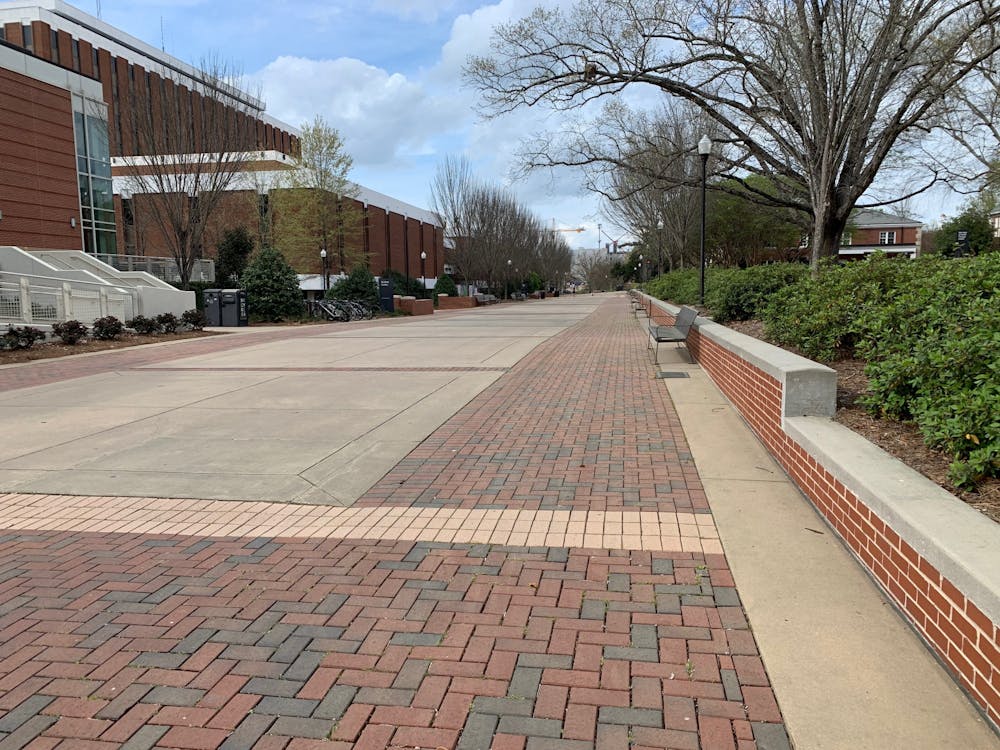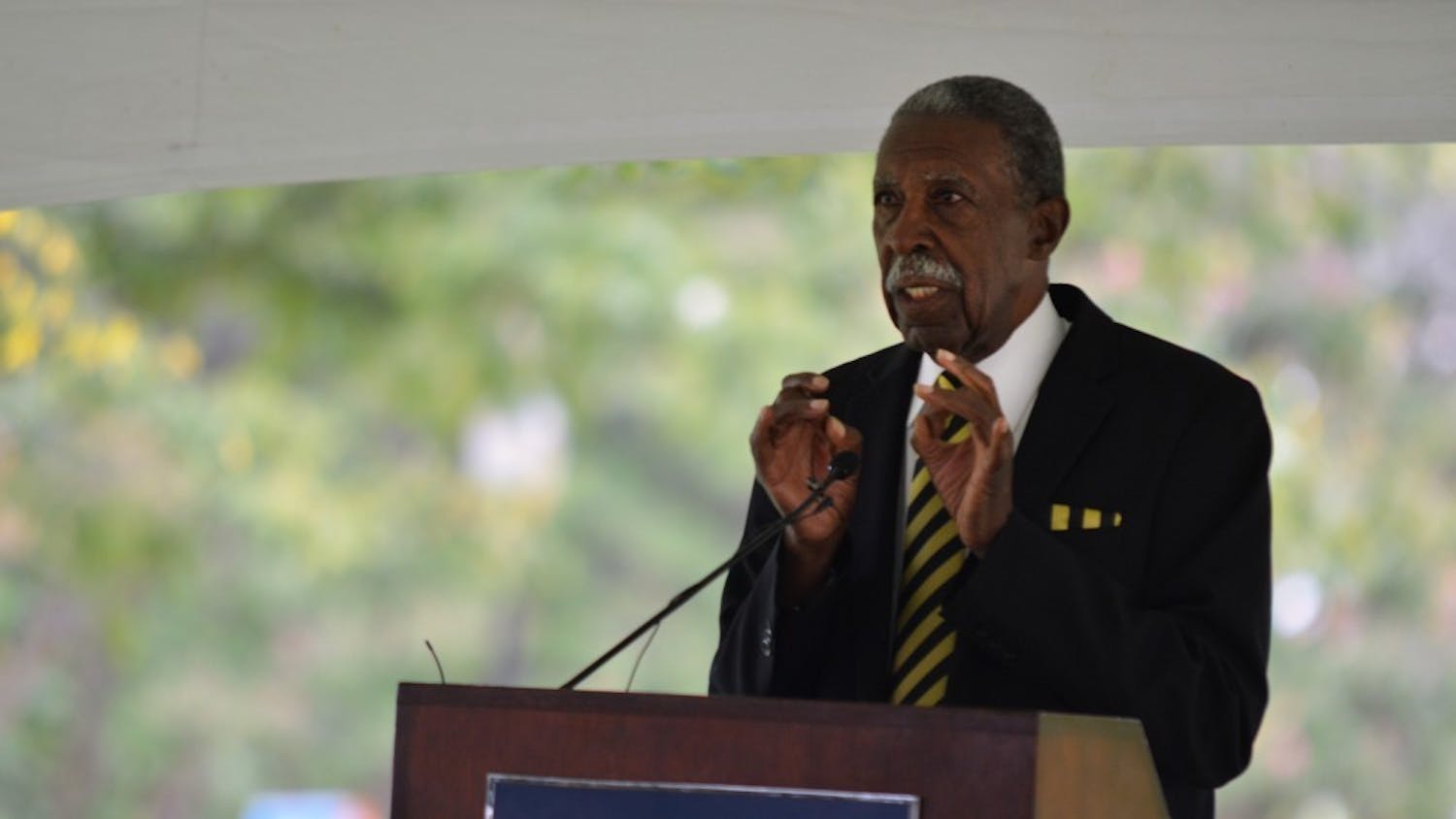By now for most students, using Honorlock for testing isn’t given much second thought. We sure did adjust quickly. Following the shift to virtual learning, the many classes have relied on this software to ensure a trustworthy virtual testing environment. But how is it affecting students, and should there be a fair proctoring alternative?
As part of the procedure, students are asked to show their student ID, their face and also their entire room. That room scan is what is now becoming an area of concern for some students as they feel their privacy is being breached by being required to document their room — a place where many find their solitude and a place of complete privacy.
With this concern also comes the concern of the data collected by Honorlock. According to their privacy statement, files are kept on their Amazon server for 12 months. This can raise concerns for students who see this as a future possible issue. Yes, we have these sorts of concerns with the vast forms of technology that we use today, but we use that technology knowing the potential threats and use it at our own risk. Here, however, there are no alternative options available.
The large-scale online testing this semester has also raised concerns about how good of a judge it is at assessing student knowledge. The question of conventional testing and whether or not it accurately depicts the learned material of the student has been a conversation for years. Through completely virtual testing, that concern is coming to the forefront, and some teachers have adjusted to this request and modified the structure of their gauging of students’ knowledge.
Other students simply find themselves mentally exhausted from using Honorlock and other forms of virtual testing, as the testing environment is completely different from that of a classroom setting.
In a similar way that students have had to adjust to online learning, students who are offered ADA accommodations have had to adjust as well.
Dr. Barclay Bentley, assistant director of the Office of Accessibility, said that there are currently 2,038 students registered with his office, but that there is a possibility that there are more students on campus with disabilities that have not registered.
In testing environments prior to coronavirus, the majority of students receiving accommodations received it in the form of ample testing time. For the circumstances that we’re in now, he said, those students have received their extra time through virtual testing, and students who need more have had adequate accommodations made after consulting with their office and instructor to ensure there are no extra advantages given by using that method.
This brings about a good point in having the option for virtual or in-person testing.
“For some classes, there’s no problem with a student receiving in-person testing accommodations if requested and discussed by the student and instructor, but we’ve talked to some instructors who believe a student — in a particular case — would be given an advantage by having their test proctored in person,” Bentley said.
In order for students’ knowledge to be tested accurately, and to also ensure the privacy request of students are met, there ought to be an alternative proctored testing center for all students in cases that the instructor believes the student would be given no extra advantage, especially if we’re going to continue virtual learning for the remainder of the semester.
Do you like this story? The Plainsman doesn't accept money from tuition or student fees, and we don't charge a subscription fee. But you can donate to support The Plainsman.

Jonathan Stuckey, sophomore majoring in political science and public relations, is a columnist for The Plainsman.





